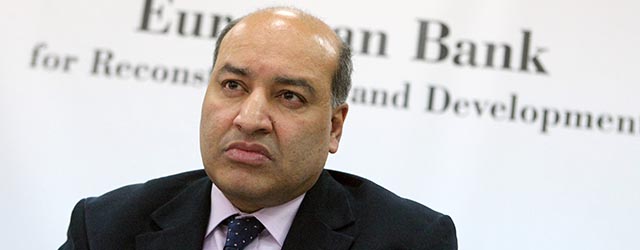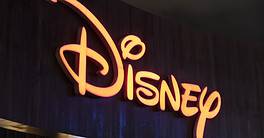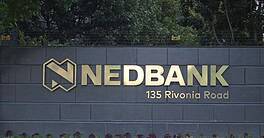In April the European Bank for Reconstruction and Development (EBRD) commemorated a quarter-century of history, with president Suma Chakrabarti emphasizing how far the Bank had come since its first investment—to WBK Bank in Poland (now Bank Zachodni WBK).

“Since 1991, our reach has expanded from Central and Eastern Europe to stretch across three continents—from Mongolia in Central Asia to Morocco on the shores of the Atlantic Ocean, from Estonia on the Baltic to Egypt on the Mediterranean …. We have shown how adept we are at responding to new challenges time and time again,” Chakrabarti told an audience gathered an anniversary event in London April 11.
The EBRD has invested €100 billion ($114 billion) in over 4,500 projects in 36 countries, including many that weren’t part of its original remit (former communist countries undergoing transition to the free market). Turkey is now its largest country of operation (over €7 billion invested) since investments in Russia were grounded due to sanctions, Egypt, Morocco, Tunisia and Jordan. Greece and Cyprus remain “temporary” members as they recover from the 2008 economic crisis.
Perhaps the biggest changes at EBRD have been internal and investment-focused. Many senior staff now hail from the countries of operation, something that was impossible 25 years ago since few had the requisite training or expertise. The bank still invests in many of its historic areas—including institution building, transforming obsolete industries and financing agribusiness (more than €10 billion invested) and infrastructure. But the financial sector, where bank has invested almost €40 billion, has also become a focus due to its importance to the wider economy. The bank helped avert huge potential outflows from local banks after 2008 through its Vienna Initiative. Now it is working on operating efficiency, regulation and encouraging the development of local financial centers.
Over the next 25 years, the bank says that by 2020 some 40% of new projects will be in sustainable energy. Always hunting for fresh funding: the EBRD openened its first US office, in Washington, DC in April to make it easeier to reach out to US, Canadian and Mexican companies.



